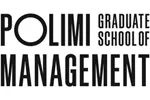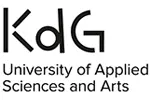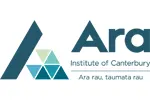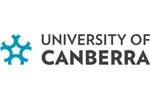At POLIMI Graduate School of Management we create meaningful paths for future business leaders and the businesses they will lead, guided by the over-arching belief that we have a crucial role to play in shaping a better world for all.
Based in Milan, Italy’s main business centre, our school was created over 40 years ago as MIP Politecnico di Milano and today it is a not-for-profit Consortia Limited Company composed of the University and a group of leading Italian and multinational companies.
We offer more than 40 masters degrees, including MBA and EMBA, and a catalogue of over 200 open programmes, along with customised training for companies. We continue to innovate and our digital learning systems allow us to seamlessly integrate personalized and continuous learning experiences into our programmes and have placed us amongst the top-ranked Online MBA rankings globally. As part of the School of Management of Politecnico di Milano, we are among the few “Triple Crown” accredited schools across the world.
With over 15,000 alumni and 3,000 students every year we are an innovative and entrepreneurial community made up of diverse people and partners. We see the power of relationships as a constant source of enrichment, innovation and inspiration, personal and professional.
At POLIMI Graduate School of Management we take sustainability seriously and continue to work towards a better, more conscious, more equitable and more inclusive future. In 2020 we were the first European Business School to become a B Corp certified business.











